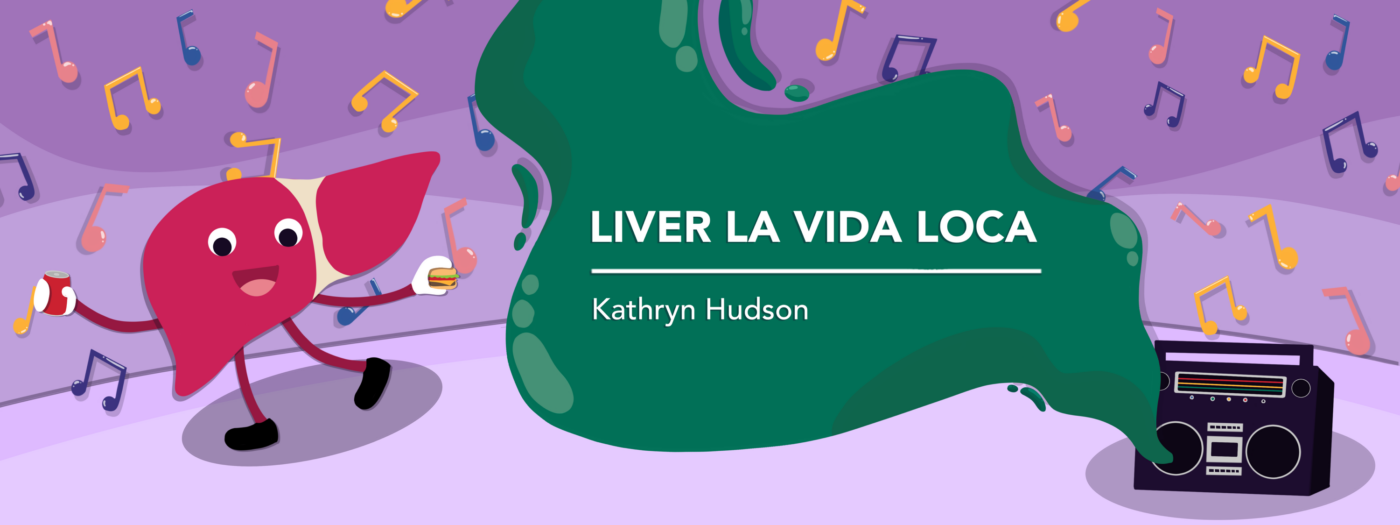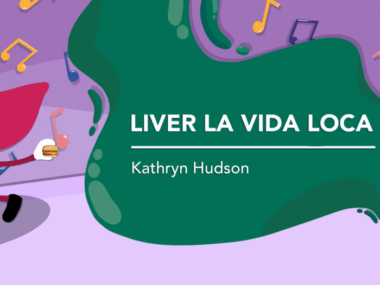Surgery with liver disease is risky, but I’m holding steady
I'm on the road to recovery after a long-awaited knee replacement
Written by |

Shortly after I was diagnosed with metabolic dysfunction-associated steatohepatitis (MASH), my gastroenterologist told me that, unless it was an emergency, elective surgeries were off the table. After years of hobbling on a cane and hearing orthopedists confirm how bad my knee’s osteoarthritis had become, I quietly accepted that I’d be living with chronic pain for the rest of my life. It broke my heart.
Still, I never stopped pleading. Each time my doctor gave me good news about my liver, I’d sneak in another round of begging. I didn’t want to die from liver disease, still trapped in a body that ached from the inside out. Then, this past summer — after nearly a decade of living with MASH and two solid years of stable health — I asked again. Expecting the same response I’d heard a thousand times before, I nearly fell off my chair when my doctor smiled and said, “If you’re ready to fix your knees, I’m ready to give you my blessing.”
That moment felt surreal. I floated out of his office on a cloud of joy, already imagining what I could do with pain-free legs. I could dance again. Teach my daughter how to fish. Hike with the man I love. For the first time in years, I dared to picture a future where my body didn’t hold me back. For a moment, I even forgot about my liver — almost.
Healing starts in the kitchen
My doctor reminded me that while my liver was healthy enough for surgery, it would need a little extra care. That meant extra days in the hospital, extra medications for pain, extra precautions at home. This victory came with homework.
Most total knee replacement patients walk the same day as the procedure and head home that night. My path looked different. I was told I’d likely have to stay three to five days, depending on how my body handled things. Hospitals have never been my favorite places, so when I was discharged after three days, I was thrilled. But I knew I couldn’t take my recovery — or my liver — for granted.
Healing, I learned, starts in the kitchen. Protein and nutrient-rich foods are crucial for both your liver and post-surgical recovery. Before surgery, I stocked up on ribeye, pork chops, and salmon, determined to give my body what it needed. But life got busy, and those plans sat on the back burner — literally. That changed when my partner brought me home. He arrived with fresh vegetables from his dad’s garden and made me a beautiful salmon dinner. It was the first real meal I’d eaten in days, and it tasted like healing. I slept better that night than I had in weeks.
My medication list has grown temporarily, something I’ll be glad to scale back soon. I’m careful to check every new prescription with my care team to make sure it’s safe for my liver. So far, so good.
Recovery is hard. I won’t sugarcoat it. There’s pain, nausea, and the slow frustration of learning patience with oneself. But I’m finally on the road to freedom. When my doctor clears me, I’ll replace my other knee, too. For now, I’m taking things one step at a time.
My liver is holding steady. My legs are on the mend. And the future, for the first time in a long time, feels wide open.
Note: Liver Disease News is strictly a news and information website about the disease. It does not provide medical advice, diagnosis, or treatment. This content is not intended to be a substitute for professional medical advice, diagnosis, or treatment. Always seek the advice of your physician or other qualified health provider with any questions you may have regarding a medical condition. Never disregard professional medical advice or delay in seeking it because of something you have read on this website. The opinions expressed in this column are not those of Liver Disease News or its parent company, Bionews, and are intended to spark discussion about issues pertaining to liver disease.







Leave a comment
Fill in the required fields to post. Your email address will not be published.